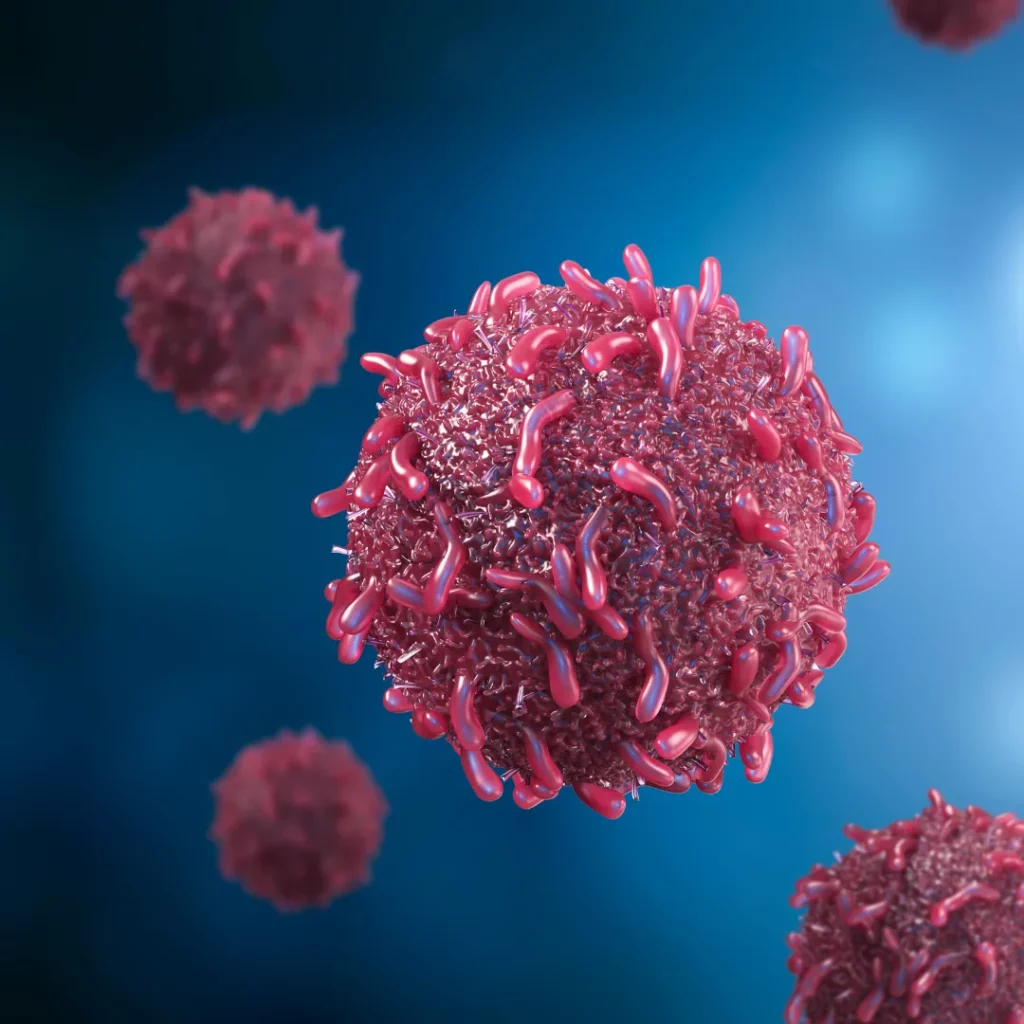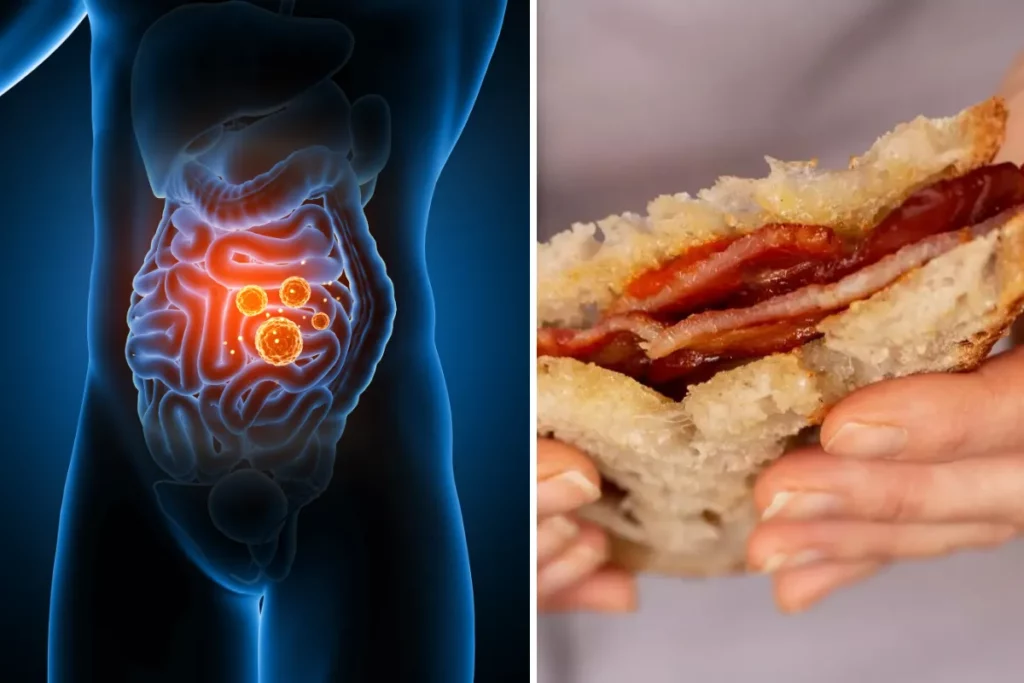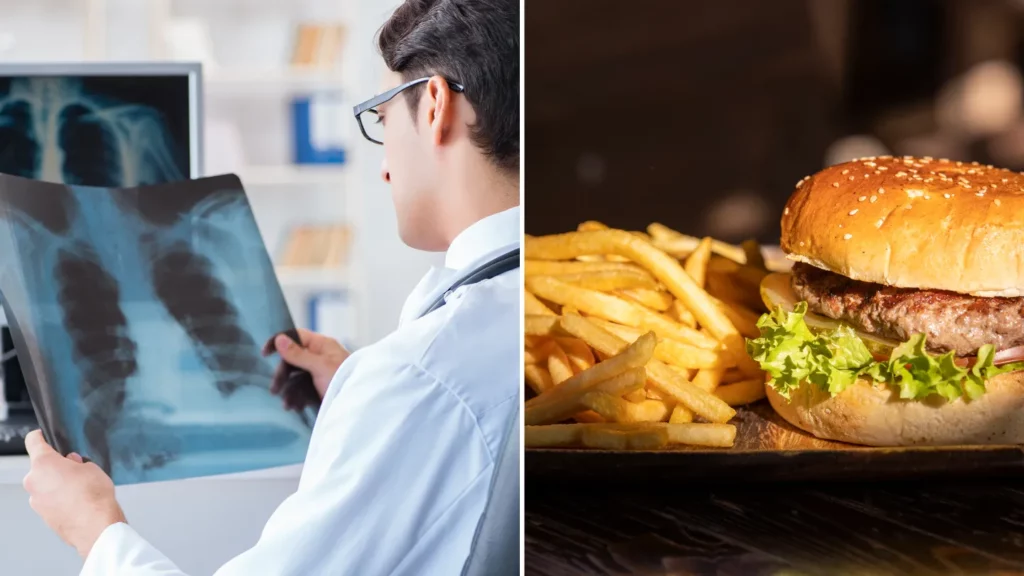London, UK – The worrying spike in cancer diagnoses among those under the age of 50 has prompted experts to seek reasons. Over the last three decades, the number of young people diagnosed with cancer has increased by 25% in the United Kingdom alone, with an astonishing 80% increase worldwide. While different variables are being investigated, some of the UK’s leading cancer experts are pointing to one culprit who could be lurking on your dinner plate.
Cancer is a complex disease with numerous contributing causes, and it can affect anyone, regardless of age or lifestyle. However, current research suggests that certain dietary choices may be fostering a more friendly environment for malignant cells in younger people. According to Professor Charles Swanton, an oncologist and Chief Clinician at Cancer Research UK, the food we eat may play a big role in this concerning trend.

Professor Swanton spoke at the American Society of Clinical Oncology on recent evidence linking early-onset bowel cancer to gut flora, particularly in people who eat low-fiber, high-sugar diets. “What we are seeing in some studies is some tumors from patients with early-onset colorectal cancer harbor mutations that might be initiated by these microbial species,” he told me. These alterations, he explained, could hinder the body’s capacity to fight cancer.
The concern goes beyond only bowel cancer. Professor Swanton, speaking at the National Cancer Research Institute (NCRI) Cancer Conference in 2015, also voiced concerns about the dangers of eating red or processed meats like gammon and bacon. He emphasized that these meals may considerably raise the risk of acquiring bowel cancer, especially in young people.

Matthew Lambert, a nutritionist and health information and promotion manager for the World Cancer Research Fund (WCRF), shared the same worries. He suggested against eating foods high in saturated fat, sugar, and salt, such as packaged snacks and fast eats. “These types of food have no fiber and contain virtually no essential nutrients,” according to Lambert. “They should only be eaten occasionally and in small amounts.”
As these food patterns become more popular, particularly among young people, the long-term repercussions become clearer. In an article for STAT News, Dr. Nicholas DeVito went so far as to say that the growth in junk food diets could be a key factor contributing to the increase in cancer cases among people under 50. He asked authorities to impose tougher rules on these items in order to protect public health.

While cancer is still mostly a disease of the elderly, with 90% of all malignancies occurring in those over the age of 50, the increasing number of instances in younger people is cause for concern. Professor Swanton and other scientists believe that by making healthier food choices, people can lower their risk of developing cancer at a young age.
In a surprising conclusion, the experts identified two specific categories of food that may be driving the rise in cancer among the younger population: low-fiber, high-sugar diets, and consumption of red and processed meats.These meals, they argue, may be generating a perfect storm within the body, allowing malignant cells to proliferate. As research into the links between nutrition and cancer progresses, it becomes obvious that what we eat may be one of the most important elements influencing our long-term health.


